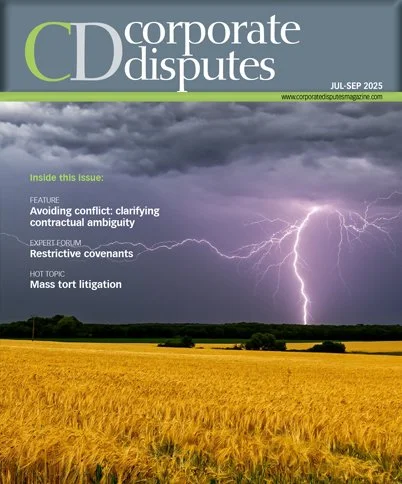MASS TORT LITIGATION
CD: Reflecting on the last 12 months or so, what do you consider to be among the key trends in relation to mass torts? Could you outline any common themes in recent mass tort litigation?
Hansen: Data breach and privacy-related mass ‘torts’ have picked up pace in the last year, with plaintiffs bringing claims for alleged unauthorised disclosures of personal information. The California Consumer Privacy Act (CCPA), for example, typically allows individuals to bring suit if their personal data is exposed due to a business’s failure to properly implement reasonable security measures. Federal courts in California recently allowed class actions to continue under that statute in cases where websites permitted third parties to embed cookies or other similar trackers to collect data. This reflects a significant expansion of how the CCPA has been read and applied since its enactment five years ago, and, if allowed to stand, could have significant implications for businesses.
Bivens: One trend that has been developing over the last several years is state courts appointing receivers over mass tort defendants, both solvent and insolvent, that resist producing documents and other information regarding both liability and insurance coverage, for jurisdictional and other reasons. Recently, the use of a receiver was blessed by the South Carolina Supreme Court in a case where the defendant is still in existence and solvent, for the purpose of the receiver marshalling any available insurance and other assets of the defendant and bringing those assets into the jurisdiction where tort claims are pending.

